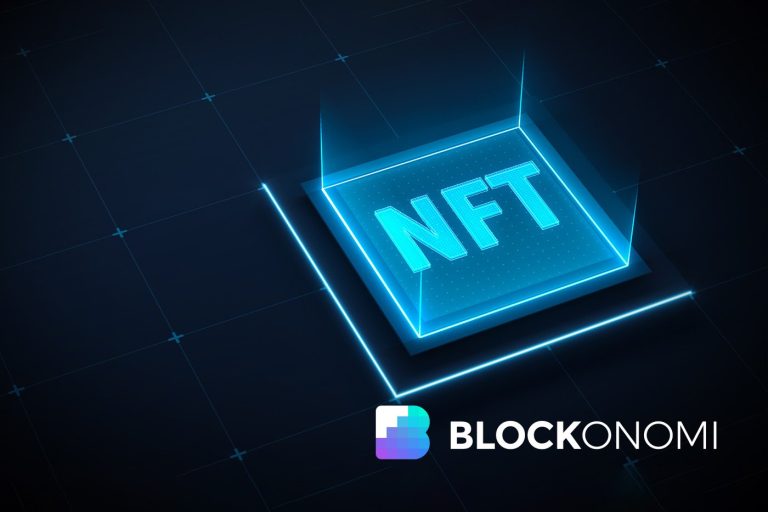
Navigating the Future: Emerging Trends in Fintech Technology
Fintech Technology

Fintech technology is revolutionizing the way we think about finance. With the rise of digital payments, mobile banking, and cryptocurrencies, the financial industry is undergoing a significant transformation. As we navigate the future of finance, it’s essential to stay ahead of the curve and understand the emerging trends in fintech technology.
Emerging Trends in Fintech Technology

Several emerging trends are shaping the future of fintech technology. Some of the most notable trends include:
- Artificial Intelligence (AI) and Machine Learning (ML): AI and ML are being used to improve customer service, detect fraud, and optimize financial operations.
- Blockchain and Distributed Ledger Technology: Blockchain technology is being used to create secure, transparent, and efficient financial systems.
- Mobile Payments and Digital Wallets: Mobile payments and digital wallets are becoming increasingly popular, offering consumers a convenient and secure way to make transactions.
- Cryptocurrencies and Initial Coin Offerings (ICOs): Cryptocurrencies and ICOs are gaining traction, offering new opportunities for investment and fundraising.
Impact of Fintech on Traditional Finance

The rise of fintech technology is having a significant impact on traditional finance. Some of the key effects include:
- Increased Competition: Fintech companies are disrupting traditional financial institutions, offering innovative products and services that are more convenient, faster, and cheaper.
- Improved Customer Experience: Fintech companies are focusing on customer experience, offering personalized services and user-friendly interfaces.
- Reduced Costs: Fintech companies are reducing costs by leveraging technology and automation, making financial services more accessible and affordable.
Challenges and Opportunities in Fintech

While fintech technology offers many opportunities, it also presents several challenges. Some of the key challenges include:
- Regulatory Framework: The regulatory framework for fintech is still evolving, creating uncertainty and complexity for companies operating in this space.
- Cybersecurity: Fintech companies are vulnerable to cybersecurity threats, which can compromise customer data and trust.
- Scalability: Fintech companies need to scale quickly to meet growing demand, while maintaining security, compliance, and customer experience.
Conclusion

Navigating the future of fintech technology requires a deep understanding of emerging trends, challenges, and opportunities. As the financial industry continues to evolve, it’s essential to stay ahead of the curve and leverage technology to create innovative products and services that meet the needs of consumers and businesses alike.






